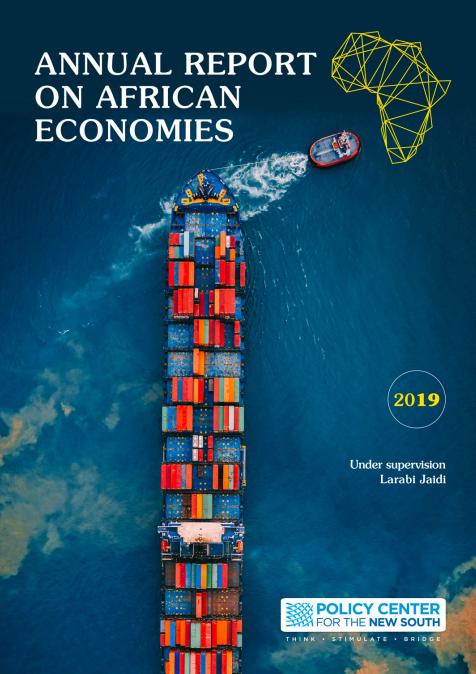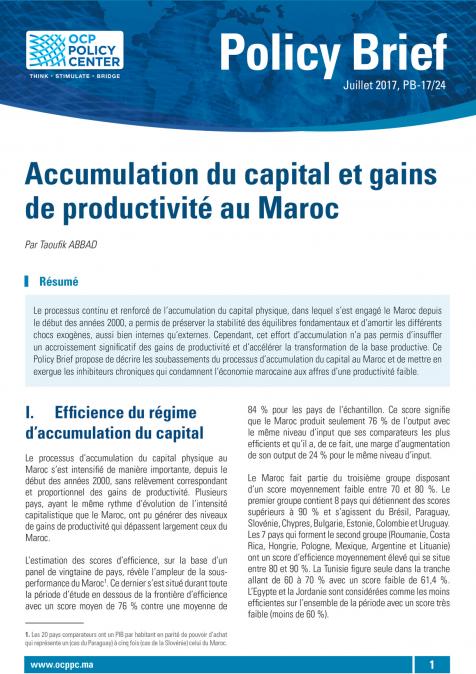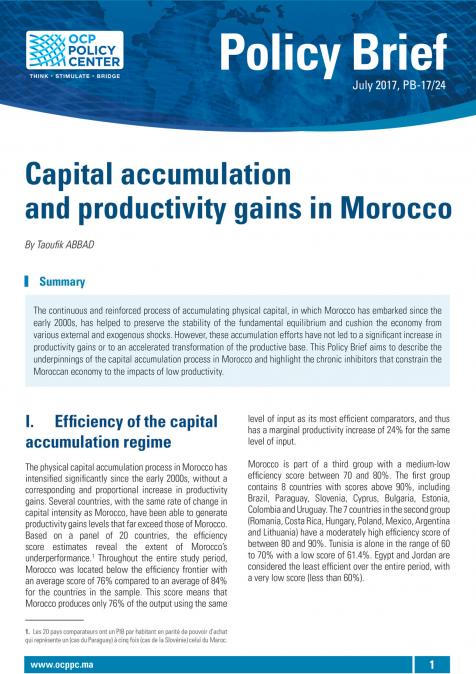Speakers
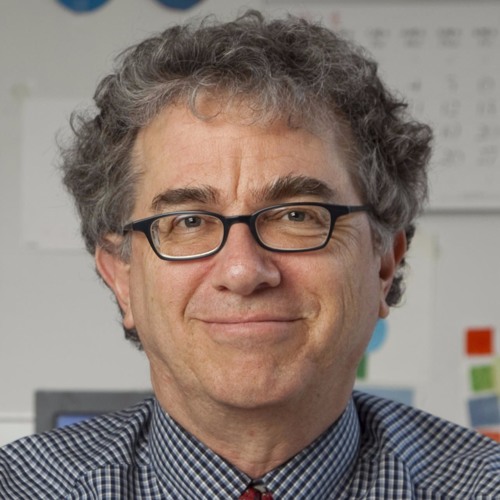
Jeffrey Frankel
Professor of Capital Formation and Growth at Harvard University’s Kennedy School of Government
Jeffrey Frankel is James W. Harpel Professor of Capital Formation and Growth at Harvard University’s Kennedy School of Government. He directs the program in International Finance and Macroeconomics at the National Bureau of Economic Research, where he is also on the Business Cycle Dating Committee, which officially declares recessions. He served at the Council of Economic Advisers in 1983-84 and 1996-99. As CEA Member appointed by President Clinton, Frankel's responsibilities included international economics, macroeconomics, and the environment. Before moving East, he had been Professor of Economics at the University of California, Berkeley, having joined the faculty in 1979. His research interests include international finance, curren ...
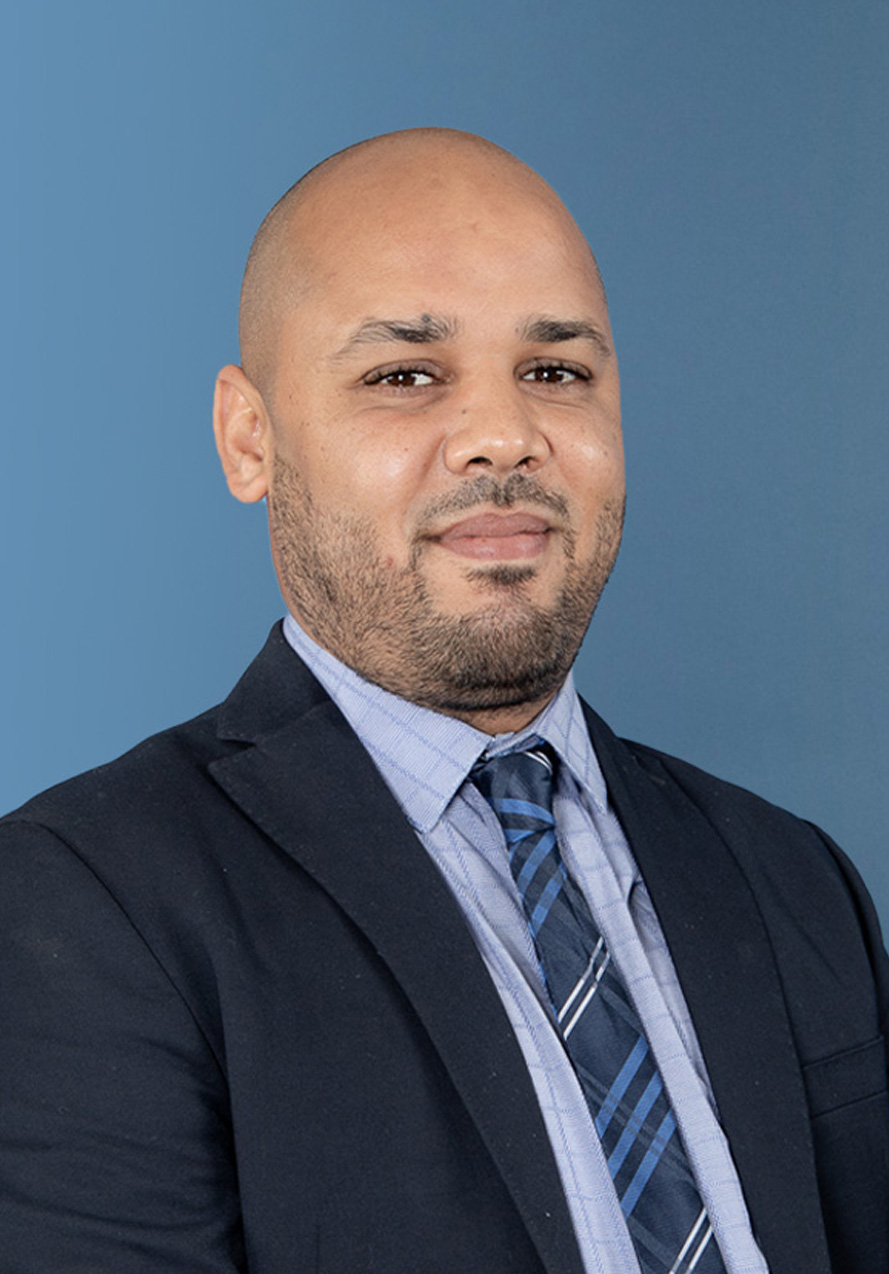
Tayeb Ghazi
Senior Economist
Tayeb Ghazi is Senior Economist at the Policy Center for the New South (PCNS). He is also a member of the Social and Solidarity Economy Research Group at Cadi Ayyad University and holds a master's degree in applied finance from the same university. He is currently working on topics related to labour market, education, migration and some aspects of international trade in developing countries.
...

